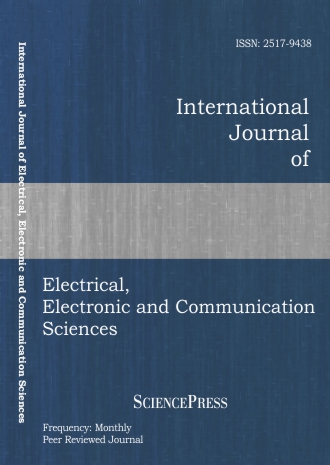
Scholarly
Volume:12, Issue: 9, 2018 Page No: 627 - 633
International Journal of Electrical, Electronic and Communication Sciences
ISSN: 2517-9438
71 Downloads
Comparison of Newton Raphson and Gauss Seidel Methods for Power Flow Analysis
This paper presents a comparative study of the Gauss Seidel and Newton-Raphson polar coordinates methods for power flow analysis. The effectiveness of these methods are evaluated and tested through a different IEEE bus test system on the basis of number of iteration, computational time, tolerance value and convergence.
References:
[1] A. Shahriari, H. Mokhlis, Ab Halim Abu Bakar “Critical Reviews Of Load Flow Methods For Well, Ill And Unsolvable Condition” Journal of Electrical Engineering, Vol. 63, No. 3, , pp. 144–152, 2012